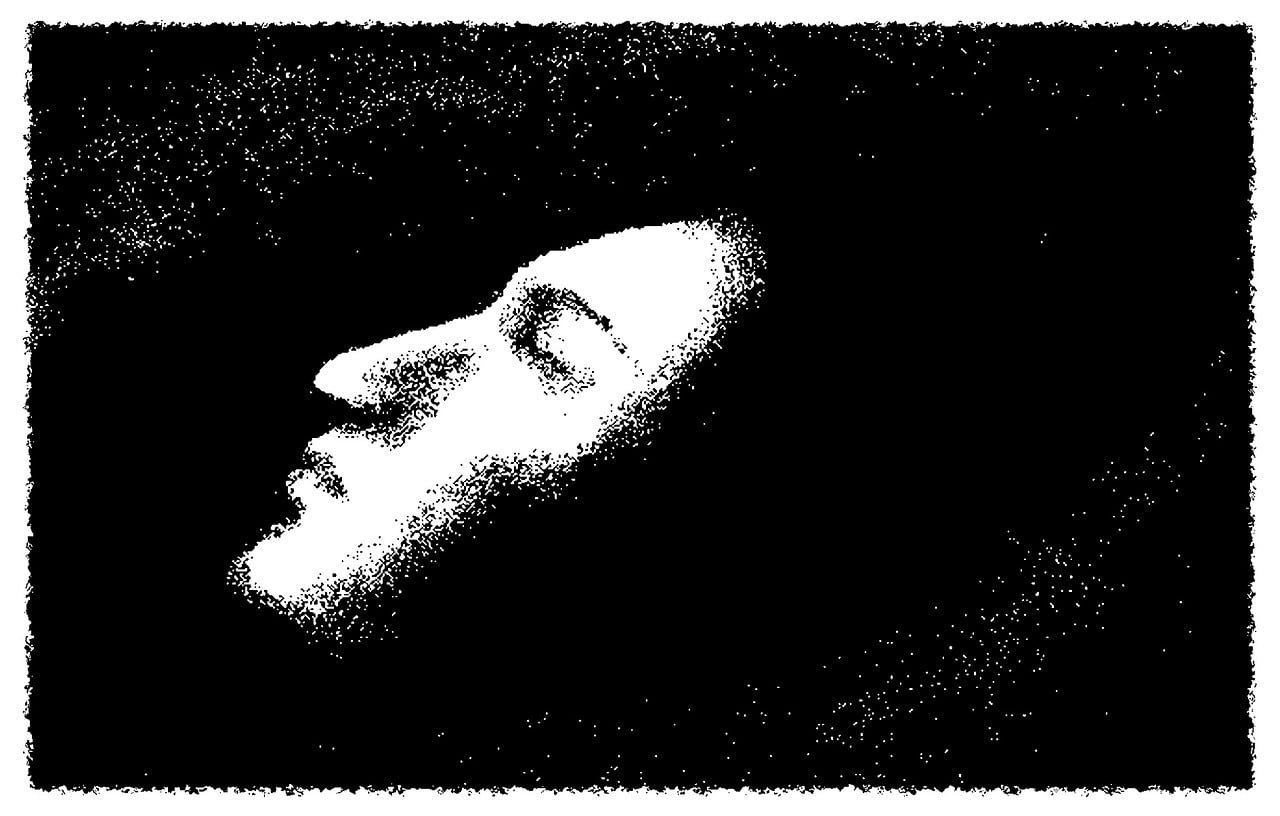In Part 1,
SLEEP AND PARKINSON'S DISEASE,
we considered why getting good sleep is vital for progressive symptom reduction with Parkinson’s Disease, and conversely why not getting good sleep accelerates disease progression. I then documented my journey and experiments, trials and tribulations, with various interventions I had tried, in an attempt to improve my sleep.
At that time, I had not quite perfected my routine or sleep quality. I am now doing quite well with it, and my sleep is much better than it has probably ever been. So in this second part, I will just do a show and tell about the things I ended up implementing that actually worked for me, in case this is helpful for anyone else to follow.
In the mornings, before 10am, I get outside and get as much sunlight in my eyes as possible, about ten minutes if it is clear skies, to reset my body clock/circadian rhythm. I also recently read an interesting article on the additional benefits of doing this, including by getting the morning light on the skin, and that this actually helps with dopamine production too.
At the same time as doing this, I use the opportunity to stand or walk barefoot on the grass (“grounding”), which is also may have health benefits.
As my first dose of medication wears off, I settle back on the bed and passively listen to one of the “Sleep RX” scripts of the Brain Tap App for twenty minutes, to train my brain to inhabit delta wave states associated with sleep, and to get some Non-Sleep Deep Rest (NSDR).
I have breakfast around 12-14 hours after having my last meal (time-restricted eating). I don’t eat or drink anything at all except water after 6pm in the evening.
Four to five times a week, I do my Block Therapy practice usually in the mid-morning. This has cumulatively reduced my neck and shoulder pain, which would keep me awake, and hence has reduced my chances of being awoken by physical discomfort:
FASCIA DECOMPRESSION AND PARKINSON'S DISEASE.
Once or twice a week I engage in talk therapy mid to late morning, with therapist Lilian Sjøberg. This has cumulatively reduced my anxiety and busy mind, which would also keep me awake, that has also impacted on the pain reduction, and hence has reduced my chances of being awoken by the mental discomfort:
REDUCING STRESS AND PARKINSON'S DISEASE.
I don’t view close screens after 7:30pm at night, turning off the laptop, placing the phone screen-down, and making sure there are no LEDs visible.
In the evening, I only watch light hearted television programmes or movies, and avoid the News totally, as well as avoiding any exciting thrillers or horrors.
When it comes time for bed, I put black-out blinds up at the window, and make the room as dark as possible. I had not tried this when I wrote Part 1, but subsequently found that this was another important piece of the jigsaw.
Before bed, I set the thermostat to a temperature which I have found, by trial and error, is just right. I learned that temperature was an important factor, and by experimenting, I did find that if was too cold or told warm at night, this could negatively impact my sleep.
I get into to bed as soon as my last dose of meds is wearing off. I try not to take any additional dopamine supplementing meds until the morning, as dopamine is a wakeful substance that interferes with melatonin production.
I play this calming sleep music track on low volume all night:
I know all these things contribute to the improvement of my sleep, because if I begin to neglect any of them, I notice that the quality of my sleep decreases.

